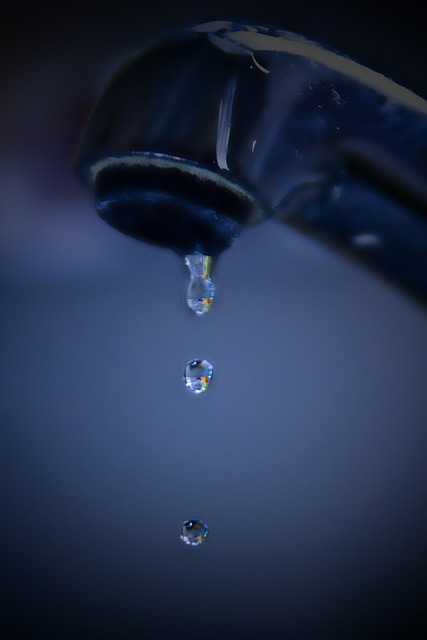Water is a fundamental part of daily life, but not all water is created equal. Hard water—containing high levels of dissolved minerals like calcium and magnesium—can create headaches for homeowners, affecting everything from plumbing to personal comfort. Identifying whether a property has hard water is crucial for maintaining an efficient home, and fortunately, the signs are relatively easy to detect.

Telltale Signs of Hard Water
- Stubborn Residue on Fixtures
A key indicator of hard water is the presence of chalky white or greenish deposits on faucets, showerheads, and sinks. These mineral deposits, often referred to as limescale, accumulate over time and can reduce water flow. - Soap and Detergent Troubles
Hard water makes it difficult for soaps and detergents to lather properly. If you notice that your shampoo, dish soap, or laundry detergent doesn’t foam as much as expected, excess mineral content could be to blame. - Spots and Streaks on Dishes
If glasses and silverware come out of the dishwasher with a cloudy film or water spots, hard water is likely the culprit. The minerals prevent proper rinsing, leaving behind a residue that dulls their appearance. - Dry Skin and Dull Hair
Hard water can strip moisture from skin and hair, leading to dryness, irritation, and lackluster locks. If you find yourself using more lotion or conditioner than usual, your water supply may be a contributing factor. - Reduced Water Pressure
Over time, mineral deposits can clog pipes and restrict water flow, leading to noticeably weaker water pressure in showers and sinks.
Testing for Hard Water
For a definitive answer, consider a simple at-home test. Fill a bottle with water from the faucet, then add a few drops of dish soap. Shake it vigorously—if the water fails to produce suds and instead appears cloudy, hardness is likely present. For precise results, a water testing kit or professional analysis can measure mineral concentrations.
Remedies for Hard Water
- Install a Water Softener
A whole-house water softener replaces calcium and magnesium with sodium or potassium, effectively reducing hardness and preventing buildup. - Use a Descaler
Electronic descalers alter mineral behavior, preventing them from adhering to surfaces without removing them entirely. - Vinegar for Minor Buildup
For smaller-scale issues like limescale on faucets, soaking affected areas in vinegar helps dissolve deposits and restore functionality.
Recognizing and addressing hard water ensures a home runs smoothly and efficiently. Whether opting for a whole-home solution or tackling specific trouble spots, taking action can improve appliance longevity, personal comfort, and overall water quality.
